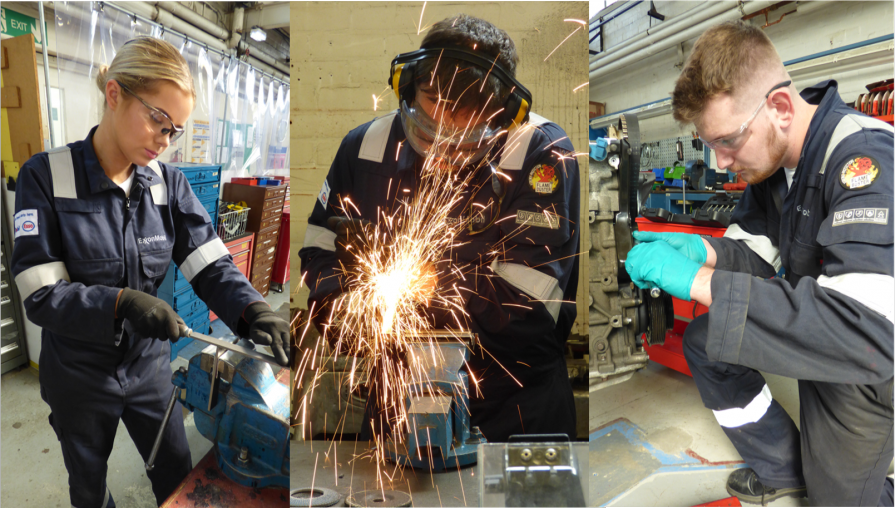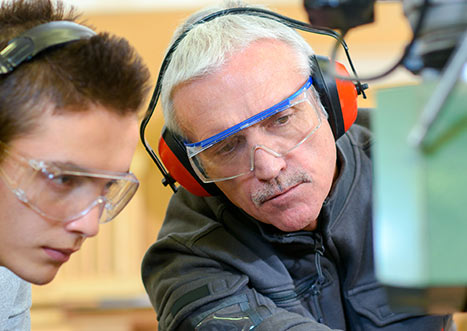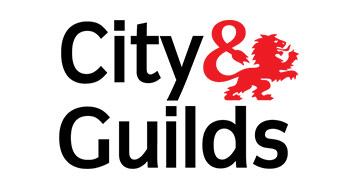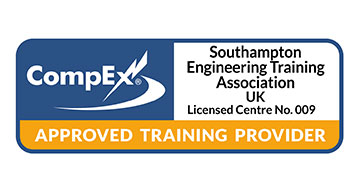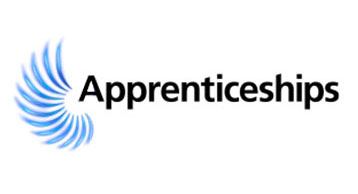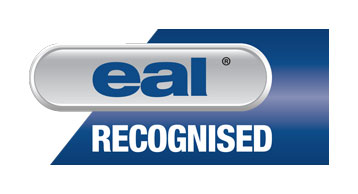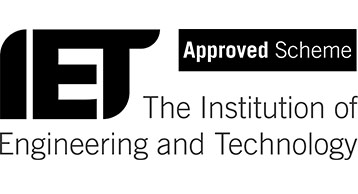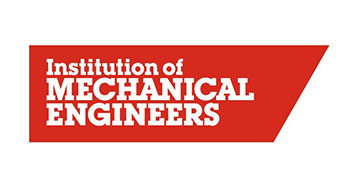Why apprenticeships are no longer the poor relation
With National Apprenticeship Week 2021 taking place between 8-14 February 2021 let’s bust some myths regarding apprenticeships! Let’s look at how we can ‘Build the Future’.
For quite a long time apprenticeships have been considered as a poor alternative to the academic route, an option for people who hadn’t made it into university. They were deemed as low-skilled, low paid jobs that involved a lot of heavy-duty manual work. Fortunately, however, over time these opinions have changed. Employers are now realising that apprenticeships come in all shapes and sizes and can give them direct access to the skills they need.
It is now more important than ever as we look to recover from the Covid-19 pandemic that young people and employers consider apprenticeships as an option alongside a university education. After all did you know that there are now degree level apprenticeships?
Apprenticeships do not have less prestige, and can definitely be challenging! They are not off-the-shelf one size fits all programmes. Employers work with their training provider to create apprenticeships that support the future aims of their business, within the parameters of the national apprenticeship standards. They allow businesses to attract high-calibre talent into sectors with skills shortages, and to develop the skills of the apprentice directly relevant to their needs. It’s a win:win!
The Southampton Engineering Training Association (SETA) has been delivering engineering apprenticeships for over 50 years to local employers and works with a broad range of businesses across several engineering sectors, from small electrical firms with a couple of employees, to docks & port based firms, to multi-national oil refining companies. All of whom appreciate the benefit that apprenticeships bring to a business and provide individuals with life-long skills to enable rewarding careers.
On an apprenticeship, you’re employed to do a real job while studying for a formal qualification. You will be earning money from day one, and won’t finish the apprenticeship with student debt. By the end of the apprenticeship, you’ll hopefully have gained the skills, knowledge and behaviours needed to succeed in a chosen career or progress onto the next apprenticeship level. It consists of practical training (both on and off the job) and classroom based learning. The off-the-job training must make up 20% of the apprenticeship whatever the sector or industry.
Most of the employers that SETA work with prefer their apprentices to have practical workshop training at the front end of their apprenticeship before they go out into the workplace. This time is spent in the workshops at SETA being taught by time-served instructors, specialists in their field.
Keith Warwick, Apprenticeship Technical Services Manager said, “What you’ll learn depends on the role that you’re training for. Pathways can include mechanical, electrical, electronics, instrumentation, fabrication & welding and design & draught to name a few. However, apprentices in every role follow an approved study programme, which means you’ll gain a nationally recognised qualification at the end of your apprenticeship.”
He continued “You’ll also constantly be developing your transferrable skills (such as communication, teamwork and problem solving) which are highly valued by employers. The majority of apprenticeships delivered by SETA are at a Level 3 which is equivalent to 2 A-Levels, and generally last between 42-48 months with an End Point Assessment. SETA has various starts point throughout the year for to fit in with the workshop activity and the needs of the employer. However they do generally start in September to accompany the classroom work for the technical knowledge (BTEC or HNC) as these always starts in September.”
To demystify apprenticeships and misconceptions visit www.seta-training.co.uk or e-mail recruitment@seta-training.co.uk to see which local employers are recruiting right now!

| Next article | Previous article |

